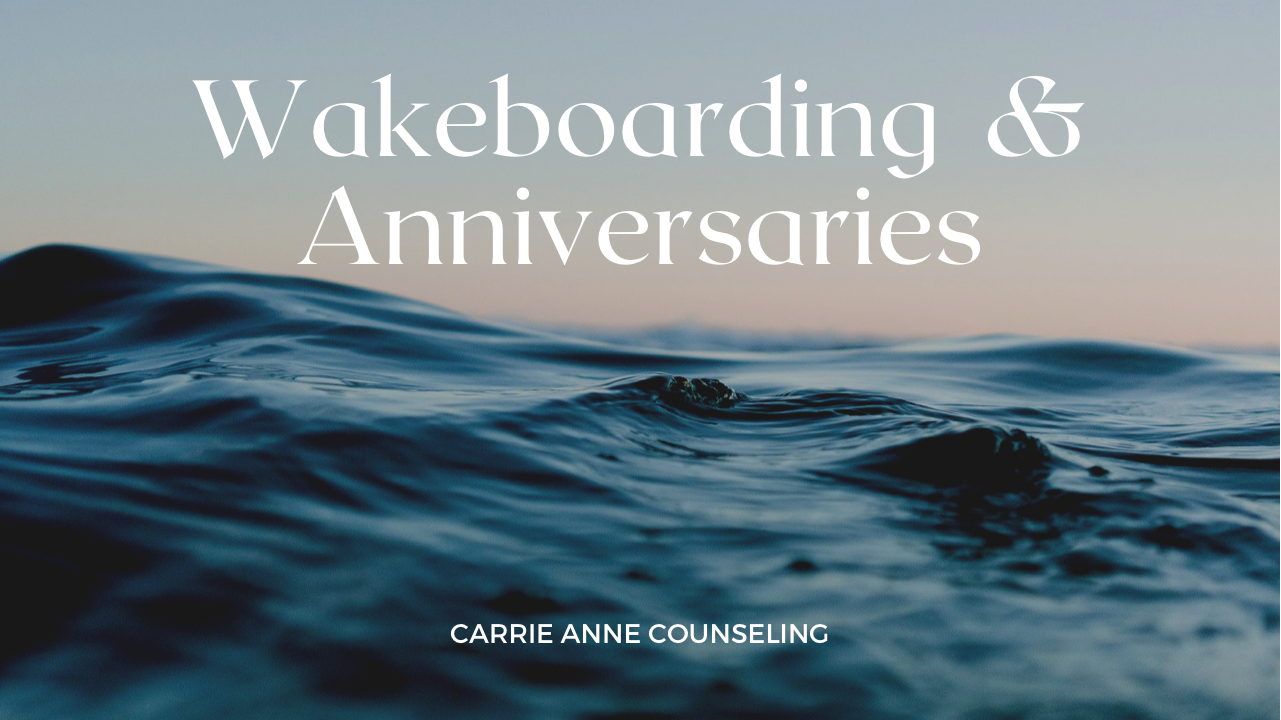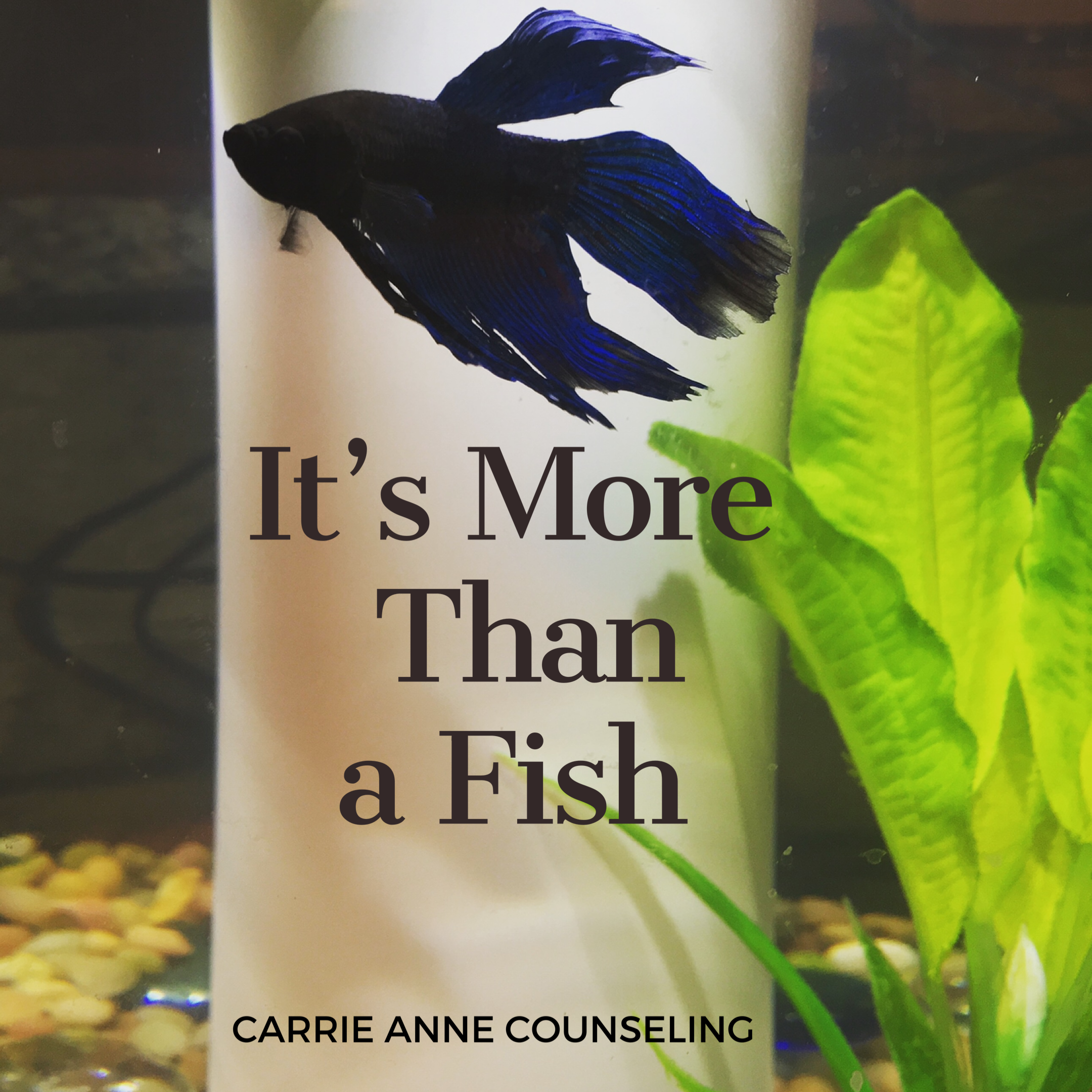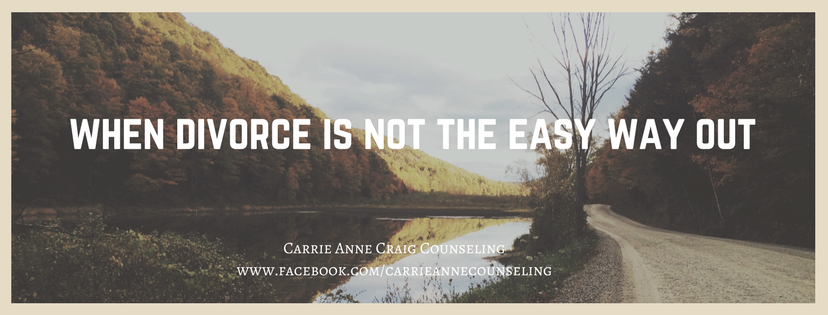In my early 20’s, a friend invited me to go to the lake for the day. Packaged into the invite was also an offer for me to learn how to wakeboard. I quickly snatched that up. A day on the lake in the middle of blazing summer? Yes. A chance for me to show how easily I can learn something brand new? I’m there.
I’ll let you know very quickly, it did not go well. Time after time, I kept falling down once the boat picked up speed to pull me. I couldn’t get the balance right. I’d pop up too fast or lag way too far behind. To say I was frustrated is an understatement. Embarrassed? Check every single embarrassed box. I had a boat full of people watching me fail over and over, and it was awful.
So like most people do, I overcorrected.
I decided that I wasn’t falling down in that water one more damn time. I held on. I figured that even if I did fall, I could will myself back up if I just kept holding on to the rope. The problem was that I was still clutching to that rope with every fiber of my pissed off being with the boat picking up speed and me being completely underwater with a wakeboard attached to my feet. I’m sure some knowledge of physics would be helpful here, but suffice it to say, those things did not combine well together. They actually mixed together terribly.
I lost the use of my hands for the remainder of the day. It felt like every muscle and tissue down to the tiniest arm/hand atom got ripped out from my fingertips and torn out of my fingernails and left me with nothing. I couldn’t pull myself up on the ladder of the boat because my hands could not close. I couldn’t hold a fork at dinner that night because my fingers were in so much pain. And... I never get up on that damn wakeboard.
Like my experience “wakeboarding,” I found myself in a similar position in my first marriage. I was holding on underneath the water, losing good parts of myself, and near drowning. But the idea of letting go was gut wrenching. There were people watching. People judging. I had my own judgment. My own stubbornness to not “quit.” The pressure to get it right despite struggling to even keep my head above water. Until I remembered the lesson from the lake:
Sometimes you have to let go to save yourself.
Because there are times you can win and still lose. And today, on what would have been my 10th wedding anniversary, I can now look back see how I was “winning” the game of marriage from the outside but losing myself on the inside. Just like me clinging to that rope, holding on, and trying to win, somehow not realizing that was the very thing ripping me apart. (I am not here to promote or endorse divorce. Divorce sucks. Divorce is hard. I still grieve it, and I don’t wish that pain on anyone.) Losing myself is a non negotiable for me now. No number of years married or amount of achievement could possibly justify me losing who I am then, now, or ever again.
So while I try to rest in grace every day, I’m making snow angels in it today. I’ll take the L if it means preserving who I am. I get to be fully carrie anne every day now. There’s no amount of anniversaries that can touch what it’s like to have your soul intact. I am so very grateful to have mine whole again.
















